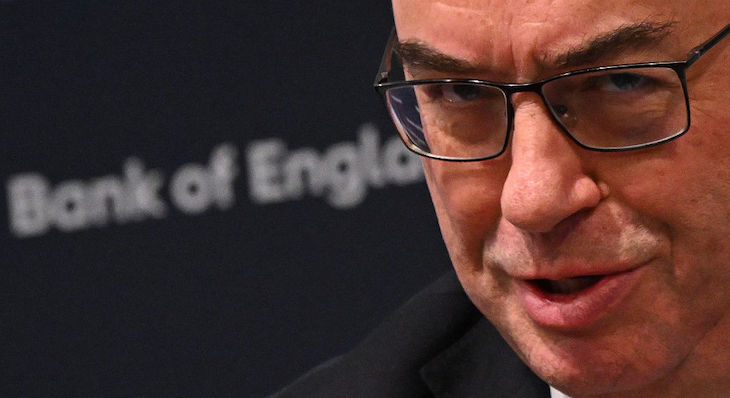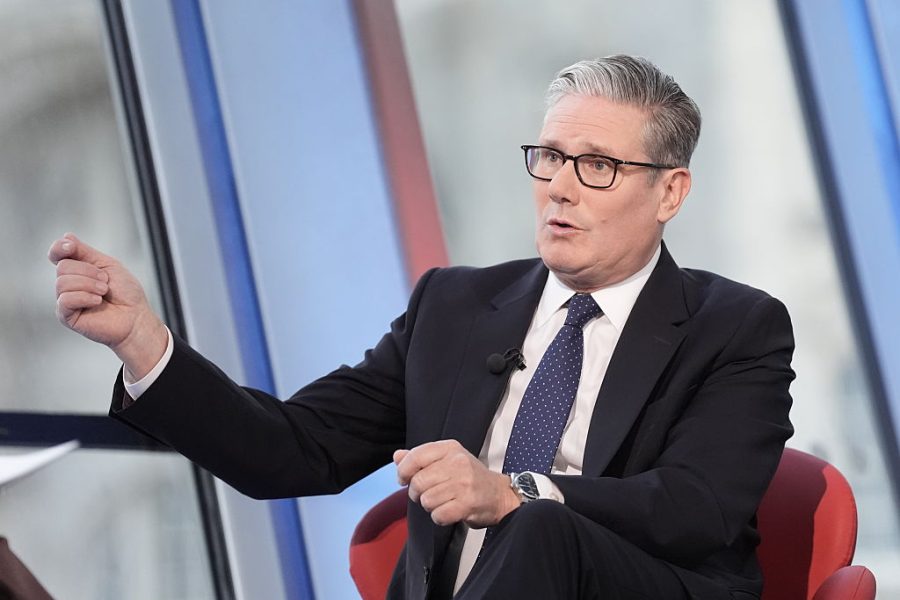Donald Trump’s political and legal assault on the Federal Reserve has provoked concern and indignation from the defenders of central banks’ operational independence. Amid the sound and fury, some simple points are being forgotten.
Whether or not this distracts central bankers from their main goal of controlling inflation is a matter of debate
First, public trust and confidence in central banks is critical if banks are to be operationally independent. That trust was shaken when many central banks lost control of inflation in 2021, erroneously seeing it as ‘transitory’. In the inquest that followed, many central bankers blamed this mistake squarely on their forecasting models. Clearly models had much to answer for. Yet central bankers have always stressed the importance of their expert judgement. That judgement looked at fault as inflation rose to double digit levels. Suggestions that the central banking community had become complacent about inflation were dismissed – as was the idea that a central banking ‘groupthink’ led to elevated rates of money supply growth being overlooked.
Next, in response to the pandemic and then the energy shock, central banks seemed to believe that quantitative easing (QE) – which pushed the Bank of England’s balance sheet to just under 50 per cent of GDP in 2022 – was the answer to all problems. This bred a perception – rightly or wrongly – that the boundary between fiscal and monetary policy was being blurred, and central banks were using QE to finance their governments’ growing deficits. Fuelling unease has been the way decisions around QE – and its unwinding – have been taken: often opaquely, without much (if any) political debate and scrutiny as to its effect on inflation, output or the public finances. In the UK, it is estimated the cumulative net lifetime loss of QE is £133 billion. How many politicians there – or in other jurisdictions – truly understood at the time that QE might have this impact?
While central banks’ balance sheets have ballooned, many of their remits have grown. This is especially so in the UK and EU, where the Bank of England and the European Central Bank have a bewildering tapestry of aims and objectives, covering a wide range of topics (such as climate change). Whether or not this distracts central bankers from their main goal of controlling inflation is a matter of debate. What is clear is that, as Andrew Bailey, the Governor of the Bank of England, has said, it makes policy making ‘more complicated’. The mission creep creates new tensions in how decisions are taken; and new risks in terms of overlap, or contradiction with government policy. As former ECB executive board member Otmar Issing has said, this can push central banks ‘closer to politics’.
On top of this, some central banks are now exploring retail central bank digital currencies. CBDCs’ creation would grant central banks still more power, while raising a plethora of profound questions about financial stability risk, privacy and market disruption. Fernando Navarrete, a member of the European Parliament, has written how the proposed digital euro ‘brings into focus the question of the ECB’s mandate and its democratic oversight’. British Parliamentarians have expressed similar concerns: what additional monetary policy options would a digital pound provide to the Bank of England, and would these be proportionate to the Bank’s current mandate for monetary and financial stability?
It is not surprising, therefore, that there is growing disquiet about how operational independence is working. Indeed, the surprising thing is that this debate has taken so long in coming. In the UK, the House of Lords Economic Affairs Committee concluded there now exists a ‘democratic deficit’, as the powers and remit of the Bank of England have grown, while the means by which Parliament holds the Bank to account have not.
Rather than treating operational independence as a tablet of stone, never to be touched, politicians would be better placed to find ways to improve central banks’ performance and bolster accountability. After all, politicians gave central banks operational independence, and in so doing passed unelected officials immense power. If politicians want to preserve and strengthen independence while maintaining legitimacy, it falls to them to ensure that it does not merely deliver price stability, but commands the public’s trust.







Comments